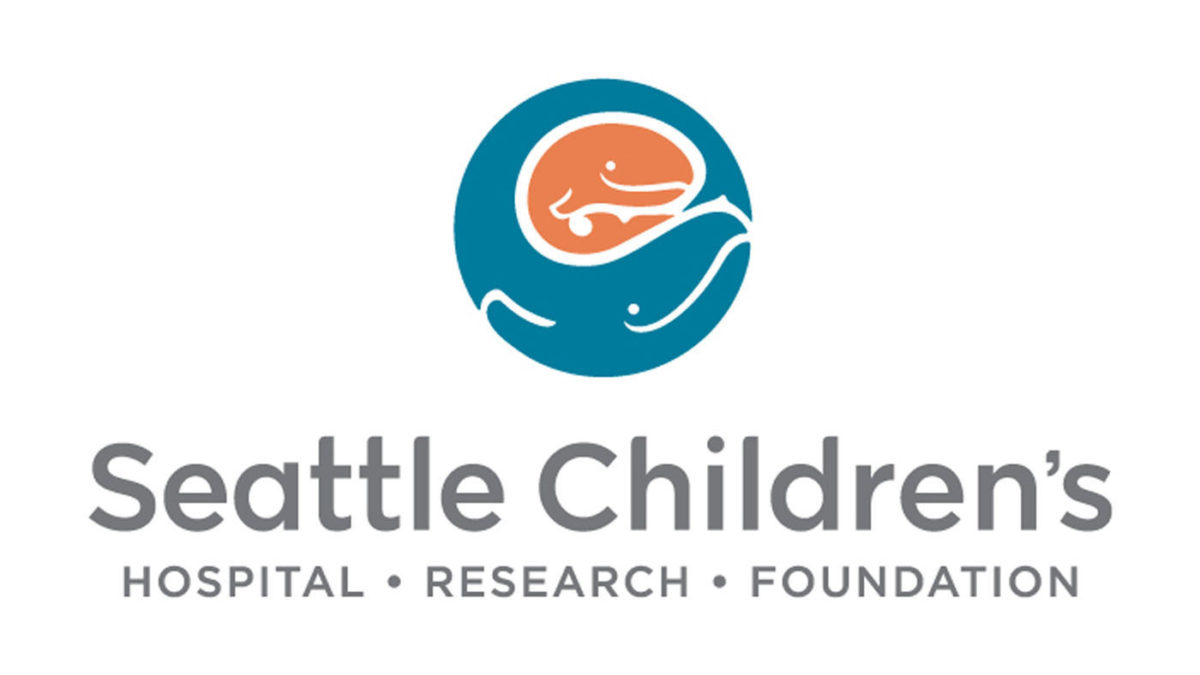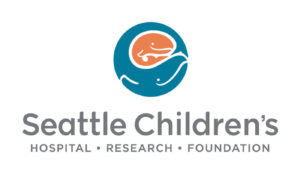Center for Infectious Disease Research to join Seattle Children’s Research Institute

Seattle Children's Hospital logo. (PRNewsFoto/Seattle Children's Hospital)
After 42 years as the oldest and largest, independent non-profit organization in the United States solely focused on infectious disease research, The Center for Infectious Disease Research (CIDR) will join Seattle Children’s Research Institute to create a world-class team of researchers working to find viable solutions to infectious diseases that can pose risks to our communities, and disproportionately impact children and those in poverty.
The collaboration will leverage the missions and strengths of each organization to advance global infectious disease research, leading to the development of vaccines, therapeutics and diagnostics that will mitigate the impact of infectious disease for children and adults. The transition is expected to be completed by October 2018, at which point CIDR will officially become part of Seattle Children’s Research Institute.
Together, Seattle Children’s Research Institute and CIDR will carry forward with the significant contributions the two organizations have made to combating global infectious diseases that include notable advances in HIV/AIDS, tuberculosis, malaria, human papillomavirus and group B streptococcus. Bringing with it an annual $25 million National Institutes of Health-funded research portfolio, CIDR will add to the research institute’s extramural funding, which totaled over $120 million in 2017, and boost its position among the nation’s top five pediatric research centers.
“We welcome this incredible opportunity to work hand-in-hand with the renowned scientists and staff of CIDR to pursue our shared vision of better understanding, treating, preventing and curing infectious diseases,” said Dr. Jim Hendricks, president of Seattle Children’s Research Institute. “This collaboration assembles a critical mass of infectious disease scientists dedicated to making transformative scientific advances that will help children around the world live the healthiest and most fulfilling lives possible.”
“This is a defining moment for CIDR that provides tremendous growth and collaboration to accelerate our work on defeating the most difficult and deadly infectious diseases plaguing our world,” said Dr. John Aitchison, president of CIDR. “It illustrates a continuation of our mission rooted in collaboration, innovation and cross-disciplinary teams.”
In the transition, the CIDR scientific team will join together with Seattle Children’s Research Institute’s Center for Global Infectious Disease Research. Aitchison and Dr. Lisa Frenkel, the current co-director of the center at Seattle Children’s, will co-lead the combined research programs.
“The shared knowledge and resources brought together by this collaboration will make new avenues of scientific discovery possible,” Frenkel said. “By joining Seattle Children’s bench- to-bedside capabilities with CIDR’s expertise in systems biology, there will be greater opportunities to study the complex interactions between infectious agents and their hosts, and translate our findings into clinical care.”
The CIDR scientific team will continue to conduct research from their current location in South Lake Union. The new joint team will be co-located at that space for the foreseeable future.

